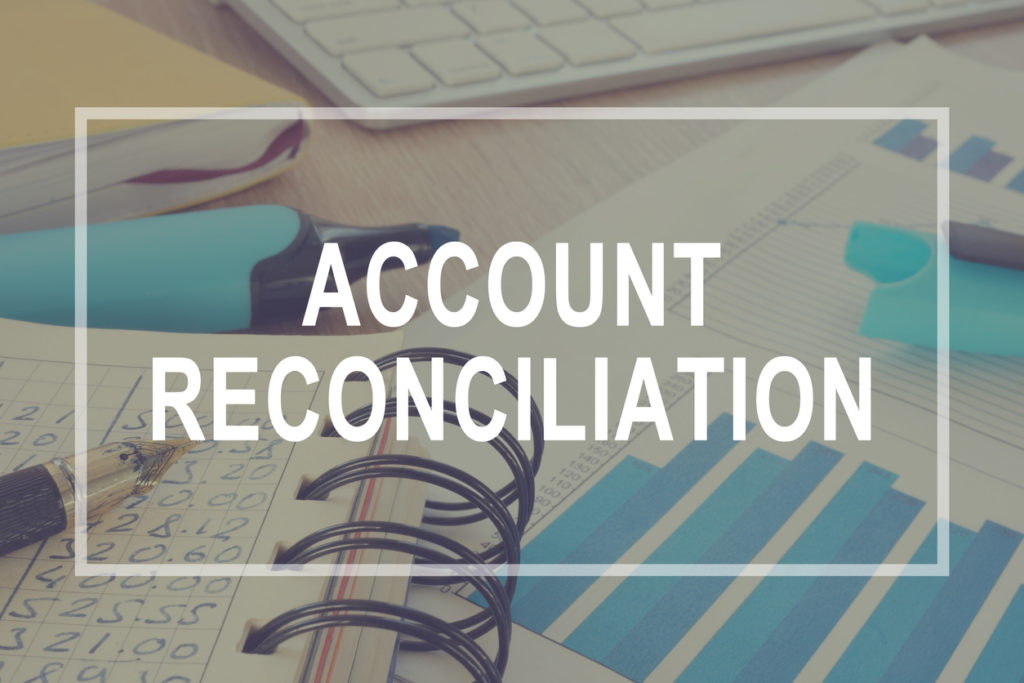As a notary, you play a vital role in facilitating important financial transactions and ensuring the security of your clients’ funds. Trust accounts are a critical tool in your notarial practice, as they provide a safe and secure way to manage client funds. However, managing trust accounts is not just about opening an account and depositing funds. To ensure that your trust accounts are functioning properly, it is essential to perform regular trust reconciliations. In this article, we will explore the importance of timely trust reconciliations and how they can help you maintain the highest standards of professionalism and ethical conduct in your notarial practice. So, let’s dive in and discover why trust reconciliations are so important for notaries like yourself!
What are Trust Accounts?
A trust account is a financial account that is used to hold funds on behalf of a client or multiple clients. These accounts are typically used by notaries to manage funds related to real estate transactions, loans, and other financial transactions.
Importance of trust accounts in ensuring the proper use of funds:
Trust accounts are crucial for ensuring the proper use of funds, as they help notaries manage and protect client funds, track transactions, and prevent the commingling of funds. This helps to promote transparency and accountability and ensures that client funds are being used for their intended purposes.
Legal requirements for trust accounts in British Columbia
In British Columbia, notaries are required to maintain trust accounts in accordance with the rules and regulations set out by the Society of Notaries Public of British Columbia. This may include requirements for record-keeping, reporting, and auditing of trust accounts, as well as standards for managing and investing funds in the accounts. Additionally, notaries must adhere to ethical and professional standards, including the requirement to keep client funds separate from their own funds and to use trust accounts only for the intended purposes.
The Importance of Timely Trust Reconciliations
Trust reconciliations are the process of comparing trust account records and transactions with bank statements to ensure that all funds are accounted for and properly managed.
Timely trust reconciliations provide a number of benefits for notaries, including increased transparency and accountability, reduced risk of errors or discrepancies, and better management of client funds. By conducting regular trust reconciliations, notaries can ensure that their trust accounts are accurate, up-to-date, and in compliance with all relevant regulations and standards.
Legal requirements for trust reconciliations
In many jurisdictions, notaries are required by law to conduct regular trust reconciliations and to keep records of these reconciliations for a specified period of time. In British Columbia, notaries must perform trust reconciliations at least monthly and are required to retain records of these reconciliations for a period of at least 10 years.
Consequences of failing to conduct timely trust reconciliations
Failing to conduct timely trust reconciliations can result in a range of negative consequences for notaries, including penalties, fines, loss of credibility, and even legal action. Additionally, it can put client funds at risk, and undermine the integrity and reputation of the notarial profession.
It is important to prioritize trust reconciliations as part of your regular practice. Regularly conducting trust reconciliations can help you maintain the highest standards of professionalism and ethical conduct, while also providing peace of mind that your clients’ funds are being managed properly. Additionally, keeping accurate records of your trust reconciliations can help you comply with legal requirements and demonstrate your commitment to responsible and ethical notarial practice.
Maintaining Your Trust Accounts While Saving Time
As a busy notary, you may find that juggling multiple responsibilities can be overwhelming at times. Outsourcing trust reconciliations to a professional service can provide a number of benefits, including increased accuracy, improved efficiency, and peace of mind. By outsourcing this important task, you can focus on other aspects of your practice, knowing that your trust accounts are being managed by experienced professionals. Additionally, outsourcing trust reconciliations can help you stay compliant with all relevant regulations and standards, and can provide you with valuable insights and advice for your practice. Consider outsourcing trust reconciliations to simplify your workload and ensure that your trust accounts are being managed to the highest standards.
